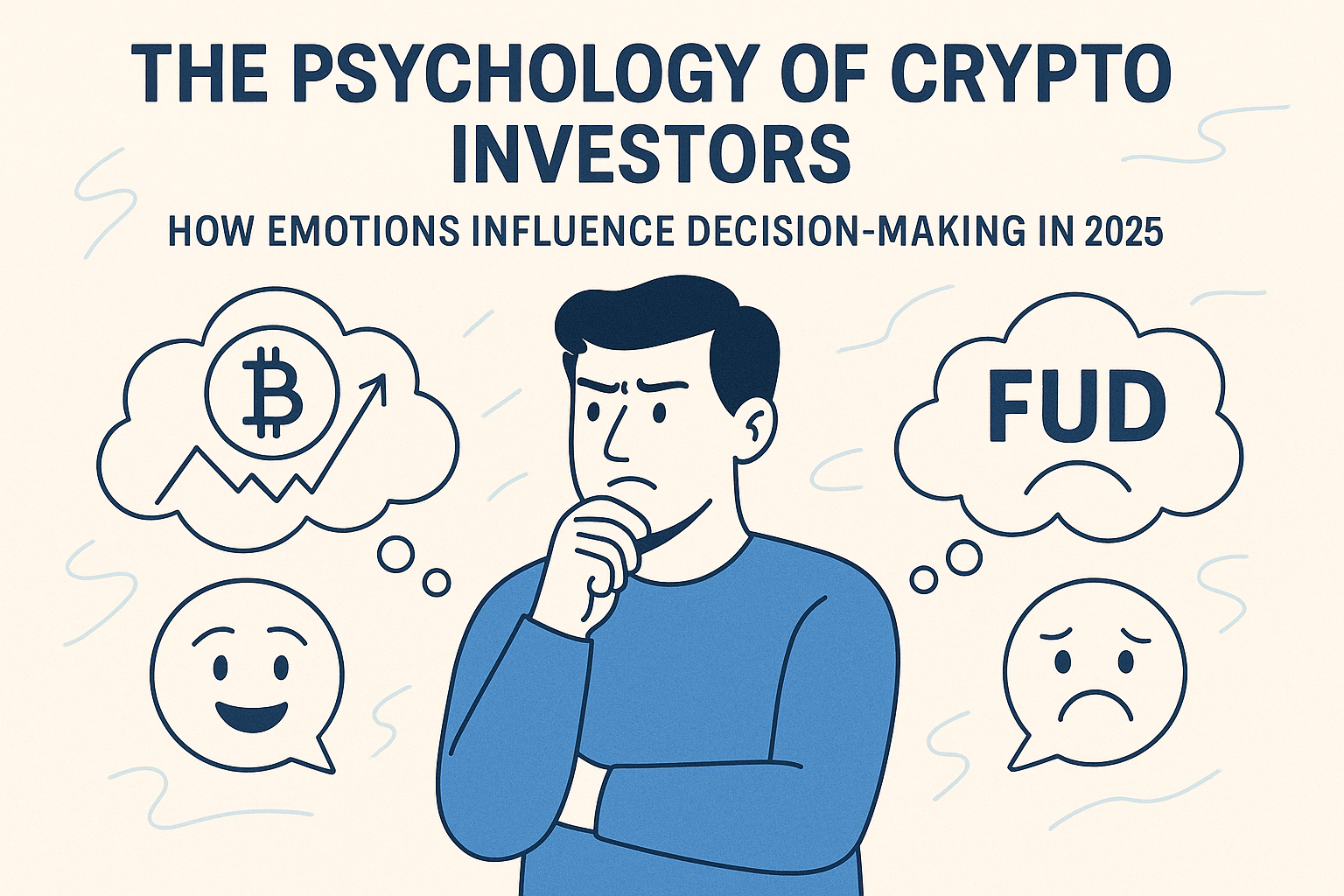Mastering Your Mind in Crypto: Emotional Intelligence for 2025 Investors

Mastering Your Mind in Crypto: Emotional Resilience in the Market
In 2025, crypto investing is no longer the wild west it once was, yet emotional decision-making in crypto still dominates the behavior of many retail and institutional investors. Despite the rise of AI-powered analytics and algorithmic trading bots, human psychology remains a powerful force in the digital asset market. Fear, greed, and the illusion of control continue to shape investment outcomes in ways that defy rational logic.
Fear of Missing Out (FOMO) is still one of the most potent psychological triggers. With the fast-paced nature of crypto markets, headlines about overnight gains or emerging tokens ignite a rush to invest—often without proper research. Even seasoned investors fall prey to this bias, believing they’ll be left behind if they don’t act quickly. This emotional urgency frequently leads to impulsive buying at market tops.
Conversely, Fear, Uncertainty, and Doubt (FUD)—amplified by social media—can cause panic selling. A tweet from a major influencer or rumors of regulation can spark sell-offs, even when fundamentals remain strong. This illustrates a key behavioral bias: loss aversion, the tendency to fear losses more than we value gains.
Another major factor in 2025 is confirmation bias—the habit of seeking out information that supports our beliefs and ignoring opposing views. Crypto investors often get trapped in echo chambers, where bullish or bearish narratives reinforce existing strategies, making it difficult to adapt when the market changes.
Emotional anchoring also affects how people interpret price data. For example, if Bitcoin once hit $100K, many will mentally "anchor" to that price, expecting a return to it, regardless of current fundamentals or macroeconomic trends. This leads to misplaced confidence and delayed decision-making.
To navigate the crypto market in 2025 effectively, investors must cultivate emotional discipline. Tools like mindfulness, journaling trades, and setting predefined stop-loss and take-profit levels can help reduce impulsive behavior. Moreover, combining technical analysis with psychological self-awareness often leads to more rational strategies.
In a digital world driven by algorithms and hype, the most successful crypto investors are those who understand not just the technology—but their own mind.